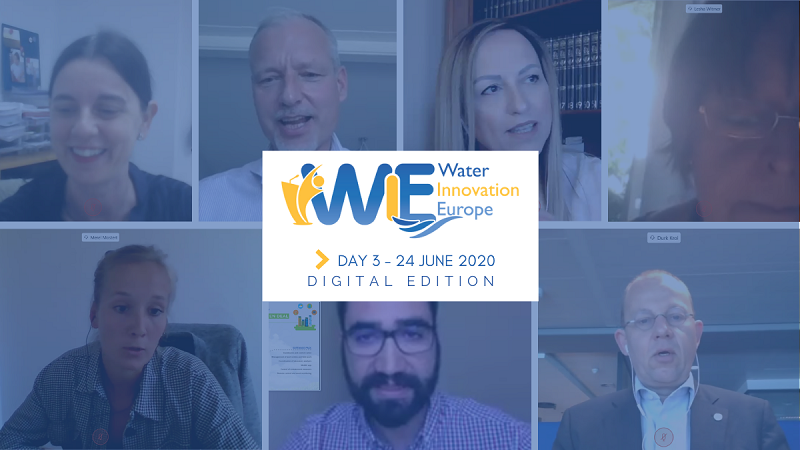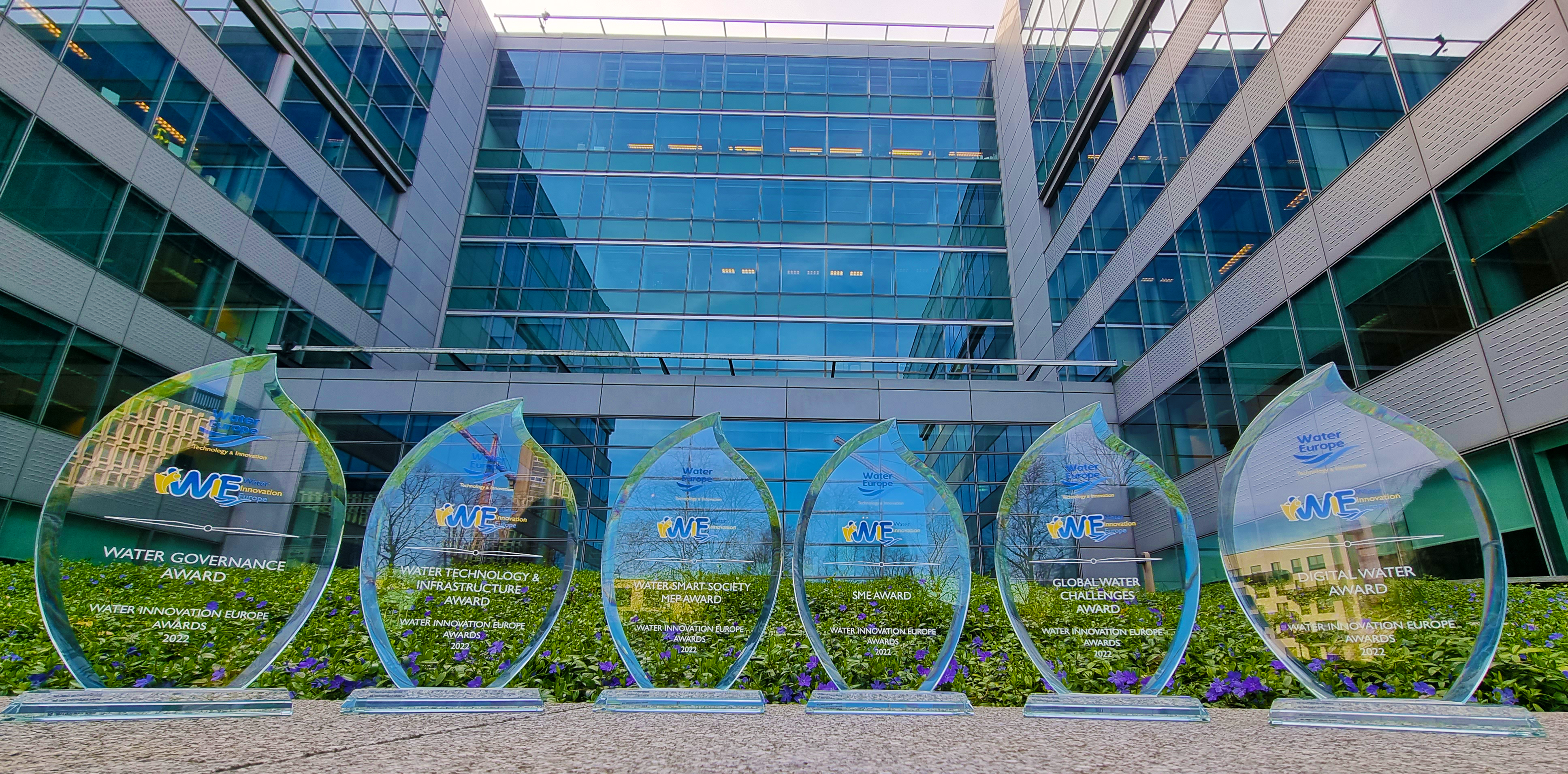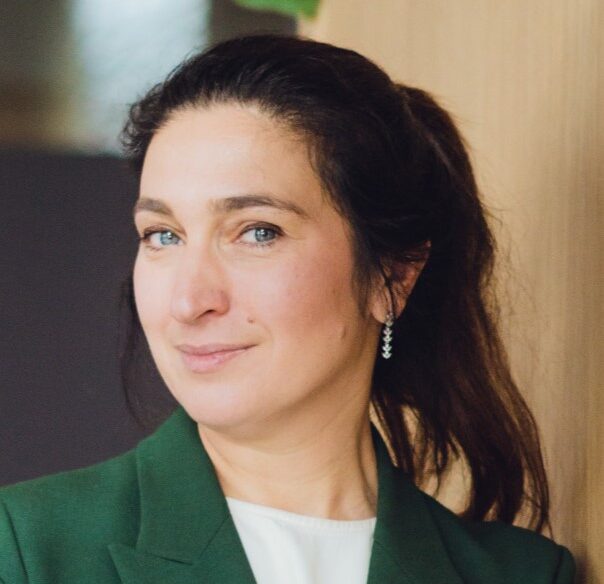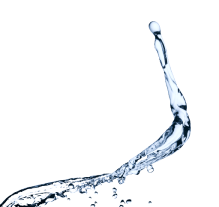The digital edition of Water Innovation Europe 2020 had its third day full of activities, from sessions, working group meetings, virtual networking chat rooms, and the Water Europe’s annual general meeting. Today’s session was about a Water-Smart Society to provide healthy food for EU citizens, which was moderated by Chrysi Laspidou, Professor, Alternate Department Head – Department of Civil Engineering at the University of Thessaly.
The panel consisted of Antonia Lorenzo, CEO and R&D Director at BIOAZUL SL; Lesha Witmer, Steering Committee member (advocacy lead) at Women for Water Partnership and Jan-Willem Vosmeer, Global Manager Corporate Social Responsibility at HEINEKEN.
Below, find the key points of the session:
By 2050, the demand for food will increase by 60%. Currently, 30 and 50% of food is currently lost or wasted and when there is a loss or waste of food, there is loss and waste of water.
The COVID19 crisis has demonstrated how vulnerable is our system and how we need to make it resilient. The Water-food-energy nexus has become water-food-energy-ecosystem health nexus.
We need to make visible the amount of water used in agriculture. Consumers are often not aware of the amount of water needed for a product. We all need to be aware, including consumers, public administrators, farmers, companies, about the water needed for food production. Stakeholders’ engagement is an absolutely essential part of the discussion. This is not only about publishing information on a website but about entering into a dialogue, involving people, making the communications accessible.
High-tech solutions exist but they are not often accessible to the workers of the ground. The biggest amount of workers in agriculture are women and they don’t always have access to modern technology. We need to translate these solutions to the right people for better water management.
We are very much concerned with how we grow food but not how we process food, how we cook food. We could waste a lot less water. Changing people’s process and cooking habits is very important.
The programme continues tomorrows with the fourth session: A Water-Smart Society for protecting aquatic biodiversity and habitats. Watch the video:
